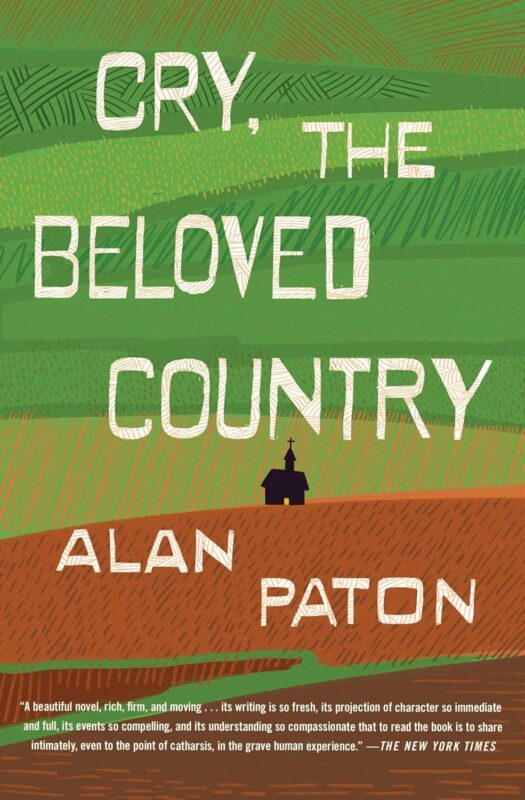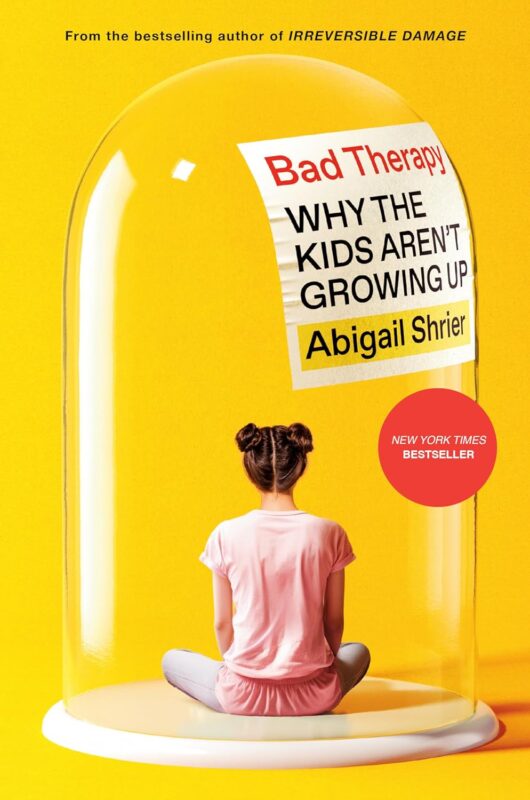Leisure: The Basis of Culture
One of the most important philosophy titles published in the twentieth century, Josef Pieper's Leisure, the Basis of Culture is more significant, even more crucial, today than it was when it first appeared more than fifty years ago. This edition also includes his work The Philosophical Act. Leisure is an attitude of the mind and a condition of the soul that fosters a capacity to perceive the reality of the world. Pieper shows that the Greeks and medieval Europeans, understood the great value and importance of leisure. He also points out that religion can be born only in leisure -- a leisure that allows time for the contemplation of the nature of God. Leisure has been, and always will be, the first foundation of any culture. Pieper maintains that our bourgeois world of total labor has vanquished leisure, and issues a startling warning: Unless we regain the art of silence and insight, the ability for non-activity, unless we substitute true leisure for our hectic amusements, we will destroy our culture -- and ourselves.
More info →Cry, the Beloved Country
An Oprah Book Club selection, Cry, the Beloved Country, was an immediate worldwide bestseller when it was published in 1948. Alan Paton’s impassioned novel about a black man’s country under white man’s law is a work of searing beauty.
Cry, the Beloved Country, is the deeply moving story of the Zulu pastor Stephen Kumalo and his son, Absalom, set against the background of a land and a people riven by racial injustice. Remarkable for its lyricism, unforgettable for character and incident, Cry, the Beloved Country is a classic work of love and hope, courage and endurance, born of the dignity of man.
More info →Bad Therapy: Why the Kids Aren’t Growing Up
In virtually every way that can be measured, Gen Z’s mental health is worse than that of previous generations. Youth suicide rates are climbing, antidepressant prescriptions for children are common, and the proliferation of mental health diagnoses has not helped the staggering number of kids who are lonely, lost, sad and fearful of growing up. What’s gone wrong with America’s youth?
In Bad Therapy, bestselling investigative journalist Abigail Shrier argues that the problem isn’t the kids—it’s the mental health experts. Drawing on hundreds of interviews with child psychologists, parents, teachers, and young people, Shrier explores the ways the mental health industry has transformed the way we teach, treat, discipline, and even talk to our kids. She reveals that most of the therapeutic approaches have serious side effects and few proven benefits. Among her unsettling findings:
- Talk therapy can induce rumination, trapping children in cycles of anxiety and depression
- Social Emotional Learning handicaps our most vulnerable children, in both public schools and private
- “Gentle parenting” can encourage emotional turbulence – even violence – in children as they lash out, desperate for an adult in charge
Mental health care can be lifesaving when properly applied to children with severe needs, but for the typical child, the cure can be worse than the disease. Bad Therapy is a must-read for anyone questioning why our efforts to bolster America’s kids have backfired—and what it will take for parents to lead a turnaround.
More info →


